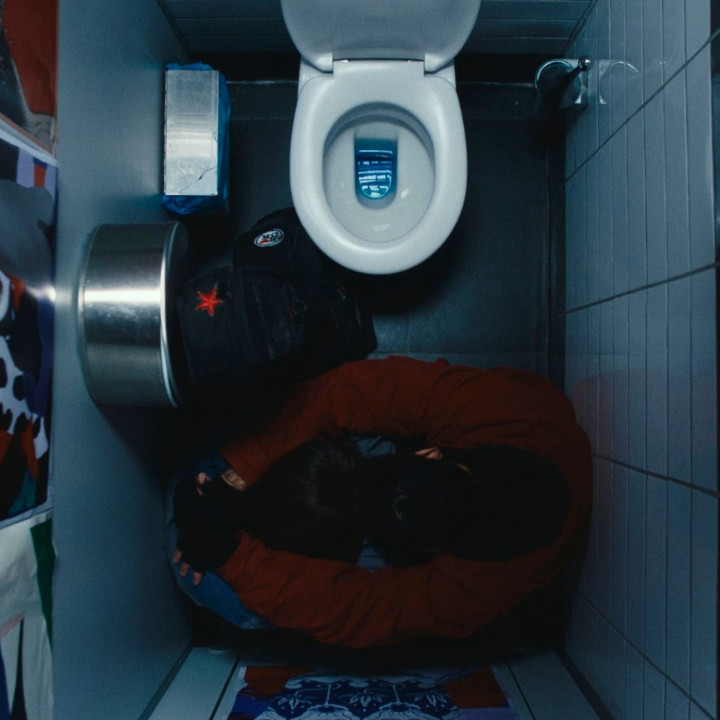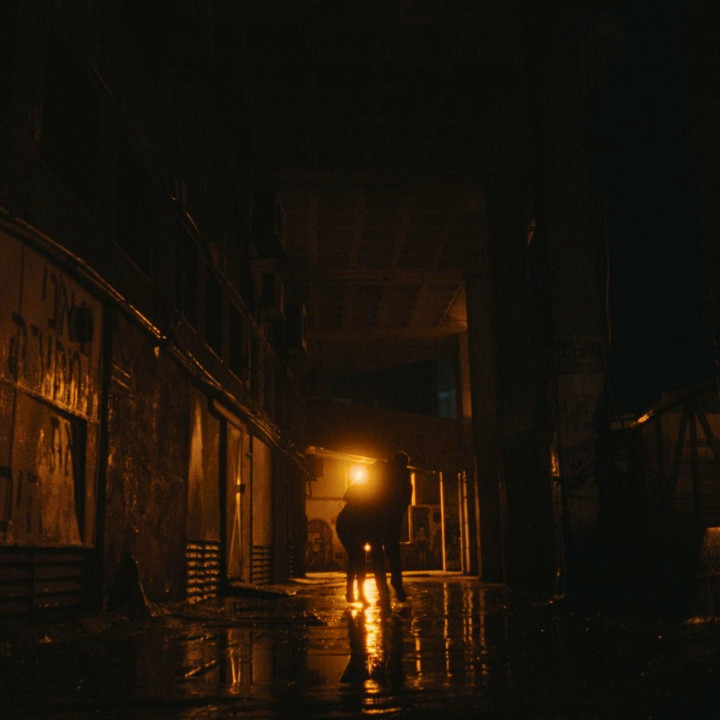

Image courtesy of Omer Weiss
Much of the film’s power lies in its subtleties. Atary’s decision to strip away the noise – both literally and figuratively – is a revelation. Here, silence becomes a character of its own, allowing us to feel the oppressive weight of the incident. The quiet is broken only by her occasional singing – a haunting, fragile melody that offers a glimpse into her internal struggle. This balance of silence and sound, of stillness and turmoil, is nothing short of masterful.
While the film is rooted in Lali’s personal experience, it unfolds as a universal story of tenacity. Atary invites us to consider the fragments trauma leaves behind – not through dialogue, but through cinematography and minimalist storytelling. It’s in the way Elkana’s gaze lingers, the tension in her shoulders, the smallest of gestures – all choreographed with an authenticity that resonates deeply. By the end, we’re left with a quiet sense of catharsis, having shared in Lali’s journey toward reclaiming herself.

Image courtesy of Omer Weiss
‘Single Light’ is a significant work, one that challenges the portrayal of trauma in cinema. Atary has crafted something rare and necessary – a story that doesn’t sensationalise but instead creates space for empathy. This is a film that deserves to be seen, not only for its artistry but for the conversation it fosters.


